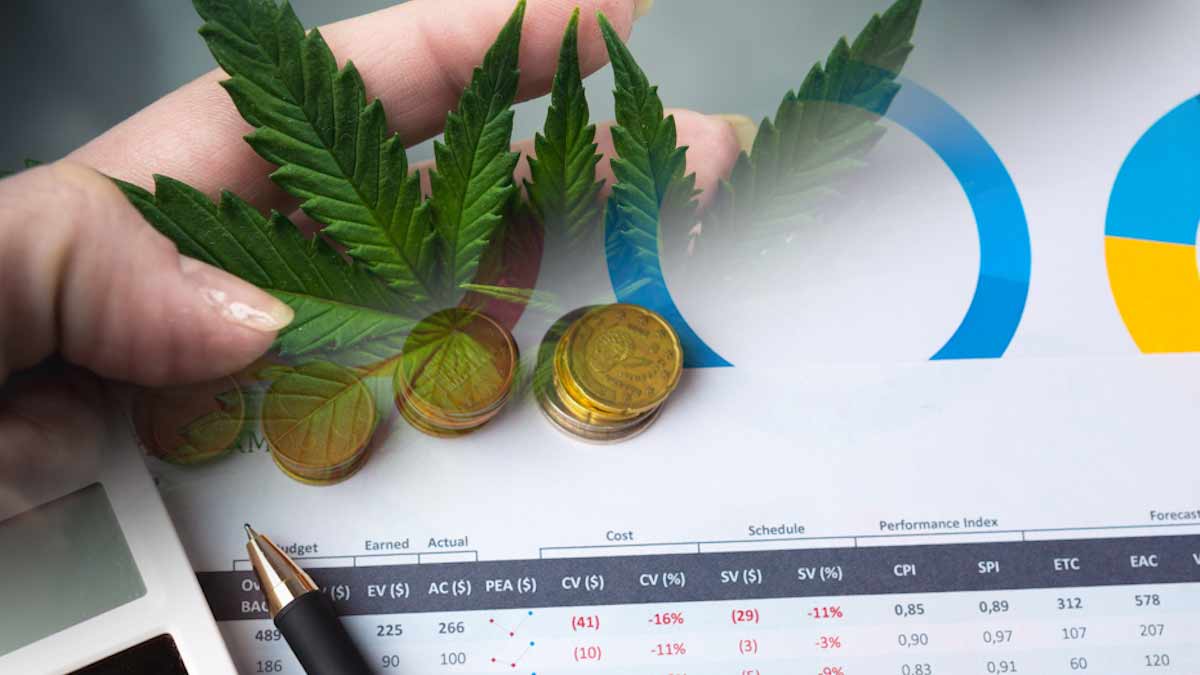While everyone is busy talking about medical marijuana, cultivation, dispensaries, cannabinoids, and just flat out getting high, the hemp industry is quietly yet convincingly growing at a pace that deserves some attention. In 2014, hemp infused product sales reached $620Mil and that number is growing. Every single company that we have highlighted and brought to your attention to this point has gone on to post significant gains over several weeks and even months. Our smallest gain was 59% in about two weeks while our largest was 2,682% in about four months. That largest winner was none other than the infamous Totally Hemp Crazy, Inc. (THCZ). But this article isn’t to toot our own horn about THCZ. No, in fact, it’s to discuss what other opportunities we see coming up next in the hemp market.
The Numbers Don’t Lie
The sales data on hemp foods and body care, collected by market research firm SPINS, was obtained from natural and conventional retailers, excluding Whole Foods Market, Costco and certain other key establishments, who do not provide sales data — and thus it underestimates actual sales by a factor of at least two and a half. According to the SPINS data, combined U.S. hemp food and body care sales grew in the sampled stores by 21.2% over the previous year to a total of just over $80Mil. According to SPINS figures, sales in conventional retailers grew by 26.8% in 2014, while sales in natural retailers grew by 16.3%. The combined growth of hemp retail sales in the U.S. continues steadily, as annual natural and conventional market percent growth has progressed from 7.3% in 2011, to 16.5% in 2012, to 24% in 2013, and to 21.2% in 2014.
THCZ manufactures and sells hemp infused energy drinks. Nonetheless, this falls under the growing industry crave that is all things marijuana. And we are now starting to see more and more companies like THCZ make the jump from idea to reality in the hemp infused product market. So the question lies, when will the next THCZ burst onto the scene?
Recently, there has been a lot of buzz coming from companies progressing in the smaller niche sectors of the marijuana industry, similar to how THCZ is grabbing a strangle hold on the hemp infused drink market. And we have noticed recently that there are other companies out there, still very much unknown like THCZ once was, that seem to be heading in the same direction.
It wasn’t long after we published an article about THCZ that we realized there was a real interest and demand for companies focusing on hemp infused product lines. THCZ was the hottest stock on the OTC from March to April so it was pretty clear to us that there is a real market acceptance for companies progressing in the hemp infused product sector.
Current Legislation on Hemp
Eric Steenstra, Executive Director of the Hemp Industries Association, stated, “Eleven new states have passed legislation and new businesses are rapidly entering the market now that American farmers in a handful of states are finally beginning to grow the crop legally. Challenges remain in the market and there is a need for Congress to pass legislation to allow farmers to grow hemp commercially in order for the market to continue its rapid growth,”
When the 2013 farm bill was signed into law in February of 2014, the hemp amendment to the farm bill, Sec. 7606 Legitimacy of Industrial Hemp Research, defined industrial hemp as distinct from marijuana in states where hemp is regulated under authorized hemp pilot programs. This was an historic moment in the longstanding effort to legalize hemp as the act asserts that industrial hemp is not psychoactive, having less than 0.3% tetrahydrocannabinol on a dry weight basis and therefore presenting no drug value.
The bill further allows for states that have already legalized the crop to cultivate hemp within the parameters of state agriculture departments and research institutions. In 2014, 1,831 acres of hemp were licensed in Kentucky, Colorado and Vermont. Many licensees were unable to obtain seed in time to plant due to DEA seed import requirements. Theweedblog.com estimates that approximately 125 acres of hemp crops were planted during 2014.
A Major Catalyst for Hemp
In January of 2015, The Industrial Hemp Farming Act was introduced in both the House and Senate, H.R. 525 and S. 134 respectively. If passed, the bill would remove all federal restrictions on the cultivation of industrial hemp, and remove its classification as a Schedule 1 controlled substance. Currently, 21 states may grow hemp per Sec. 7606 of the Farm Bill, including California, Colorado, Delaware, Hawaii, Illinois, Indiana, Kentucky, Maine, Michigan, Missouri, Montana, Nebraska, New York, North Dakota, Oregon, South Carolina, Tennessee, Utah, Vermont, Washington, and West Virginia.
This shift in hemp legislation would be an enormous catalyst for companies operating in the hemp infused product market and it seems as though hemp has a much better chance of having the Schedule 1 label taken off long before marijuana does. This is why we are going to be focusing much of our efforts on this niche BEFORE the Industrial Hemp Farming Act is passed, if indeed it does get passed. Because, by the time it passes the cat will be out of the bag. We want to be positioned to take advantage of such a catalyst ahead of time.
MAPH Enterprises, LLC | (305) 414-0128 | 1501 Venera Ave, Coral Gables, FL 33146 | new@marijuanastocks.com











2 comments
Could you recommend start up companies that look promising. I value your opinions. Thank you